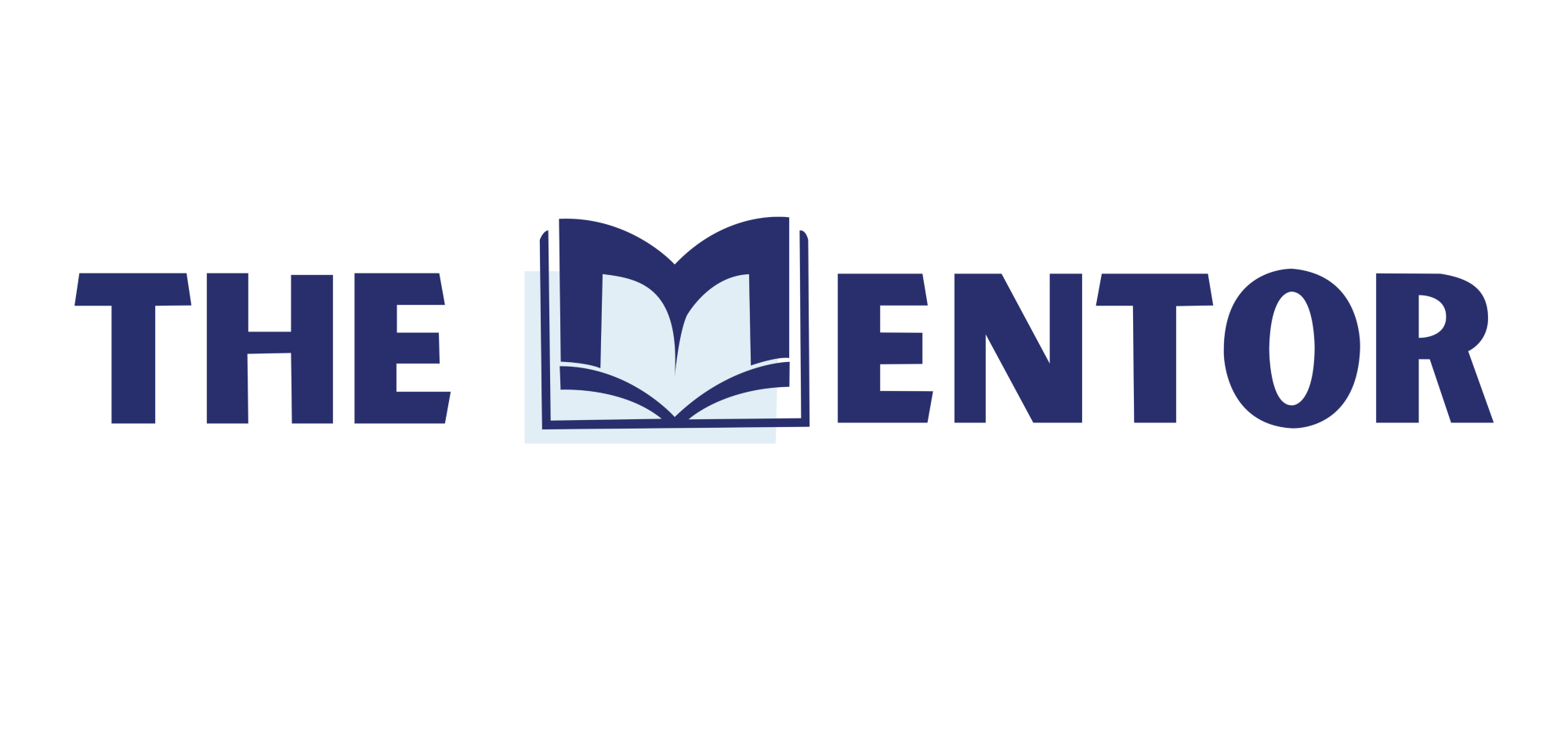New Voices Act gives journalism students more freedom
https://soundcloud.com/mhsmentoronline/march-24-editorial-student-publication-rights
Back in August, the state legislature of North Dakota unanimously passed the John Wall New Voices Act, making North Dakota the eighth state to pass legislation that protected student journalists’ right to exercise freedom of speech.
Since then, a nationwide movement has enacted New Voice legislature in states like Missouri and Michigan and has sparked about 20 state campaigns. Missouri is the second state to pass New Voices legislation in 2016 so far.
The bill reverses the regulations set by the 1988 U.S. Supreme Court case Hazelwood School District v. Kuhlmeier, which stated that school administrators had the authority to censor any student media as long as the school had a reasonable educational vindication for doing so.
For Missouri schools, passing the Walter Cronkite New Voices Act especially hit home. Missouri has had a history with school officials censoring students’ work. In 1983, Missouri student journalist Cathy Kuhlmeier Frey’s student newspaper’s teen issue section on divorce and teen pregnancy was censored by the principal. Frey later sued the principal and became the lead plaintiff in the Hazelwood Case and, recently, one of the testifiers in support of the Walter Cronkite New Voices Act.
In November, the University of Missouri caused national uproar when two faculty members attempted to block student photojournalists from covering a public protest made by the group, Concerned Student 1950. Concerned Student 1950 is a group that tries to expose the racism on the university campus.
Not only does the act aid students, it also protects student media advisers who refuse to restrain their students’ right to free speech from backlash or punishment and restricts school officials from controlling student media. Once established, the bill will protect students and teachers at the high school and college level. Although the New Voices Act states that student journalists are accountable for determining the various content of their school media, the act does allow for school officials to censor if the matter becomes in any way “libelous, an invasion of privacy or creates a “clear and present danger” or a “material and substantial disruption” of the school.” (For more on the legislation itself or the publications act pertaining to Kansas, visit http://newvoicesus.com/the-legislation)
Overall, the Mentor Editorial Board felt that the act proved to be beneficial for students but could also see why administration would want to have some input on the material. Students should be given some freedom to cover what they want, particularly if it’s newsworthy.
At the same time, school officials shouldn’t be completely hands-off. While the bill brings plenty of advantages, the Board also felt it did not prepare students post high school and college. The act only protects student journalists; journalists of major broadcasting networks, magazines, etc. are beyond its realm.
In addition, those who choose to pursue a career in journalism won’t have to face a large amount of censorship or higher authorities putting restraints on what they can and cannot write, unlike in schools.
Journalism has proved to be outstanding for students in many ways. According to the Newspaper Association of America Foundation, student journalists are not only better at critical thinking, but also receive better grades and score higher on standardized testing. School journalism not only gives students hands-on experience but also a plethora of life skills.
Without people speaking up and trying to improve journalism programs in schools, journalism would not be what it is. It’s important that you support programs and organizations that matter to you. The Mentor Board urges everyone to strive to make a difference. The ideas you propose and implement can have major positive implications in your life as well as others. (To learn more about why journalism matters, visit: https://www.sc.edu/study/colleges_schools/cic/journalism_and_mass_communications/scholastic_organizations/scspa/pdfs/journalism-matters.pdf)
To learn more about this bill and surrounding details, visit: splc.org






